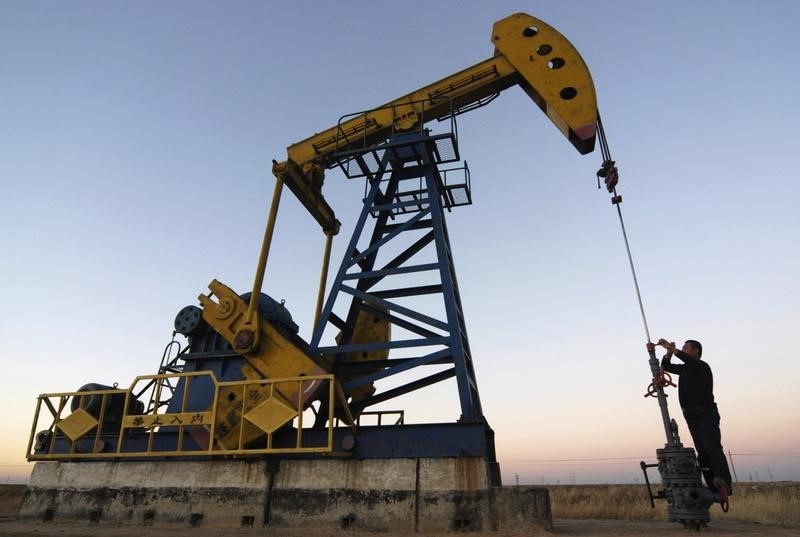By Karolin Schaps
LONDON (Reuters) - North Sea-focused oil producer EnQuest (L:ENQ) said it would be able to invest more money in some of its North Sea oil fields after Britain announced cuts to oil and gas taxes.
Finance minister George Osborne on Wednesday unveiled a series of tax cuts aimed at helping oil firms in Britain's North Sea that have been hit by a double whammy of record-high costs and a steep decline in oil prices.
EnQuest, which specialises in maximising oil output from mature fields that are not profitable enough for big producers, welcomed a reduction in a tax imposed on older North Sea fields, to 35 percent from 50 percent.
"That will give more value for some of our late-life assets and give us the ability to invest in those, particularly Thistle and Alba," Chief Executive Amjad Bseisu told Reuters.
EnQuest shares were up 8 percent at 8:33 a.m.
The company said on Thursday that it booked $335 million (226 million pounds) in impairment charges last year due to the decline in oil prices on the back of a global supply glut, and reported a slight decrease in full-year pre-tax profit of $363 million.
Oil companies across the globe are reining in costs to cope with a halving in oil prices since last June and EnQuest has slashed its 2015 spending programme by 40 percent to $600 million.
EnQuest said it had achieved cost savings by reducing rig rates by around 20 percent and cutting jobs and contractor pay.
It has also shielded itself against oil price falls by forward-selling some of its oil production.
The oil producer said it had hedged 10 million barrels of its 2016 output at an average price of $68 per barrel.
"These locked-in gains improve EnQuest's funding position and move the company further away from the financial stress currently reflected in the share price," said analysts at JP Morgan Cazenove.
The company is targeting a rise in 2015 production to between 33,000-36,000 barrels of oil equivalent per day (boepd), compared with an average of 27,895 boepd in 2014.
EnQuest, which has not paid a dividend since 2010, said it could revisit its plans to pay a dividend in 2017, when its North Sea Kraken field is expected to start producing oil.
